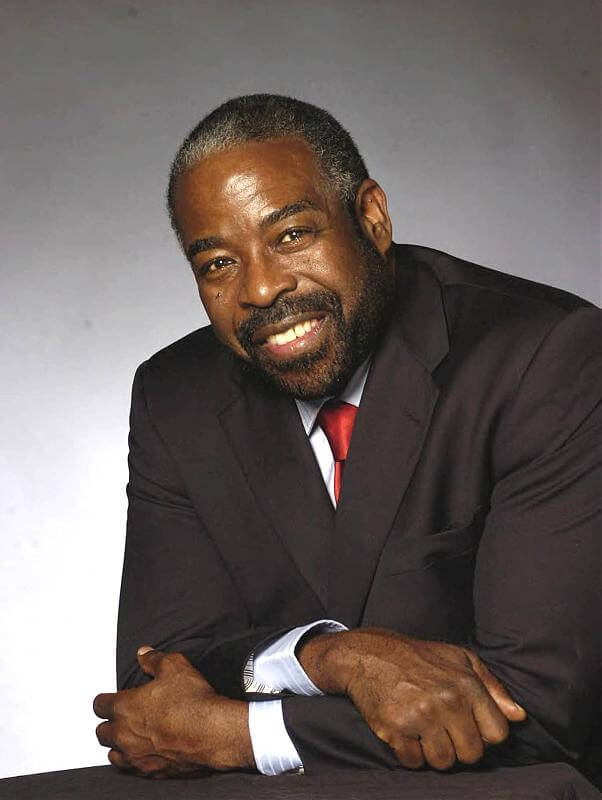Most people think success comes from hustling harder. But I’ve learned it’s more about protecting your energy than pushing through. In this episode, I’m sharing how I structure my day, guard my focus, and avoid draining distractions, so I can actually get important stuff done without burning out.
[1:08] Superhuman exceptions aren’t the rule:
- Extreme routines may work for outliers, but they’re not practical or scalable for most people.
- Understanding personal limits and tendencies leads to smarter, more tailored strategies for growth.
- Aligning goals with what’s truly manageable creates momentum without the crash.
[1:48] Willpower is finite:
- Energy for discipline peaks in the morning and declines as mental fatigue sets in.
- The most focused hours are best used on deep, meaningful work before willpower runs low.
- As self-control weakens, habits like email-checking, snacking, or scrolling take over effortlessly.
- What seems like a lack of discipline is often poor alignment between environment and energy levels.
- Structuring downtime intentionally prevents burnout and mindless escape behaviors after mentally taxing days.
[3:30] Design unbreakable accountability:
- Structure supports consistency, but without deeper motivation, discipline still falters.
- Lasting commitment comes from meaningful stakes, not just habit or willpower.
- Urgency unlocks action: When consequences matter deeply, performance and focus follow naturally.
- Lack of drive often signals missing stakes, not weakness or laziness.
- Create your own “gun to the head”: Design accountability and consequences that make success non-negotiable, even when motivation dips.
[5:24] Willpower is for Sprints, Not Marathons:
- High-pressure motivation is effective for short bursts but burns out quickly over time.
- Relying on willpower alone leads to crash points; consistency needs structure and rhythm.
- Strategic effort beats constant grind : Knowing when to go all-in and when to ease up prevents depletion and keeps momentum.
[6:00] Define your “North Star”:
- Knowing exactly what you want creates a filter for what truly matters, cutting out distractions and noise.
- Without guiding principles or a clear goal, people bounce from one distraction to another, making little meaningful progress.
- Shiny object syndrome is a symptom of unclear purpose: Jumping between trends or ideas often signals missing clarity, not lack of discipline.
- Discipline follows meaning, not force: When a goal feels essential, tied to identity or deep consequence, it fuels consistent action without burnout.
- Self-image shapes behavior: Aligning actions with who you want to become creates internal motivation that outperforms external pressure or guilt.
- Eliminating non-essentials frees mental space: With a clear target, low-value tasks naturally fall away, allowing energy to flow where it’s needed most.
[9:32] The Distraction Economy:
- Distraction kills productivity more than lack of discipline: Removing unnecessary tasks and digital noise instantly boosts focus, even without a clear goal.
- Your phone is engineered to steal your attention: Social media and apps are designed to keep you engaged, not productive or fulfilled.
- Without constant interruptions, space opens up for deeper thinking and self-reflection.
- Eliminating the non-essential helps uncover purpose and intention naturally over time.
- You are not the customer on free platforms: If you’re not paying, you’re the product, protect your time and attention accordingly.
- Breaking distraction habits feels uncomfortable at first: Like any addiction, withdrawal is real, but the mental payoff is worth it.
Igor’s Book On Email Marketing:
Visit www.igorsbook.com to learn more.












